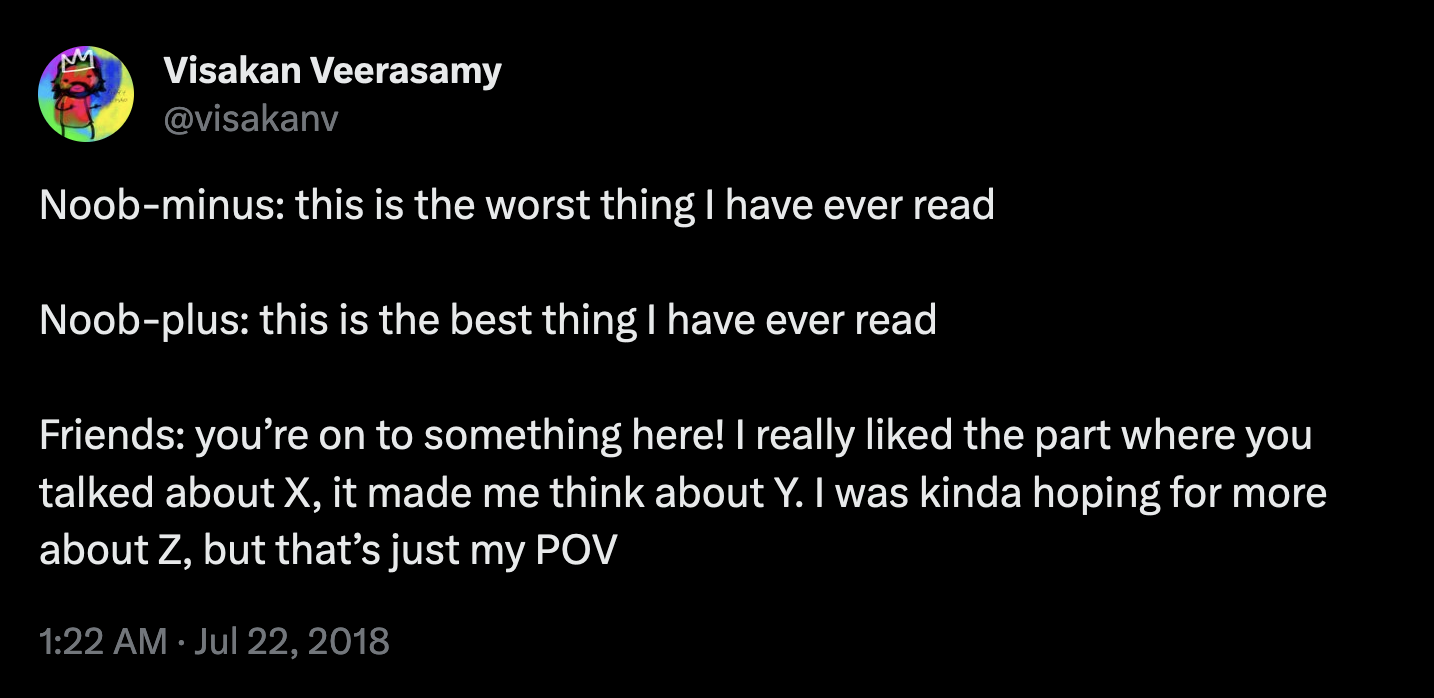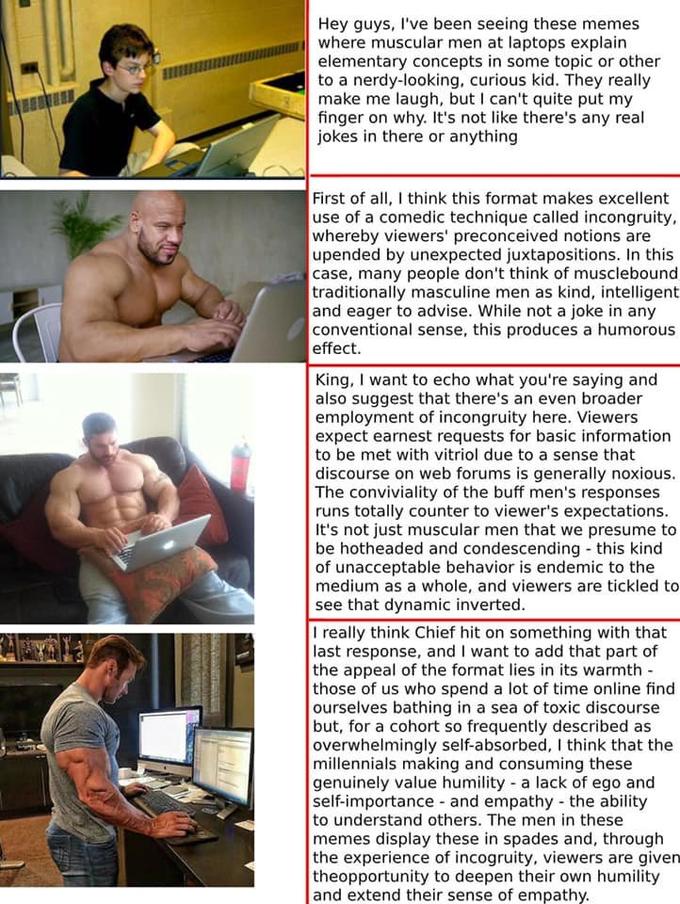How to get into AI policy (part 3)

I’m frequently asked for advice on how to break into the industry I’m in or how to achieve a position I’ve held. I’ve been privileged to serve in many interesting and varied roles across sectors, from small nonprofits and garage startups to huge multinationals and even the US Federal Government. While I personally owe a lot of my journey to privilege, luck, and the good graces of others, I know that “be lucky” isn’t particularly useful advice. In the spirit of providing something actionable, I’ve gathered here some reflections on things that I think have served me in my journey. I hope these reflections will be helpful for others on their journeys as well, and I encourage those with experience in this space to share more about their journeys, lessons learned, and advice too!
Note: For the purpose of this post, I’ll be talking about “getting into AI policy” and offering some specific examples, but most of these suggestions should hold regardless of what it is specifically you want to do. For more on entering the tech policy field, see my Emerging Technology Policy Careers profile.
This series comes in five parts:
- Mindset
- Be perceived
- Be the reply guy you want to see in the world
- Don’t wait to do the work
- Pay it forward (don’t skip this!)
Prefer to read everything as one long piece instead? i gotchu. 💖
Be the reply guy you want to see in the world
Even though the AI policy job market is competitive, the work of AI policy is collaborative. It requires significant coordination between lots of different people and organizations to do things like run a campaign, change industry practices, or pass a law. That means you need to find a bunch of Actual Human Beings who you can team up with to get things done. In short, you need to build a network.
A lot of people I talk to have super icky feelings associated with the word “networking.” It conjures up scenes of hucksters pushing their business cards on people like skeevy used car salesmen. To many, “networking” is merely a euphemism for self-promotion, instead of what it should actually be about: building networks.
As someone who’s literal job is, at least in part, building networks, I can tell you: self promotion ain’t all that.
This isn’t to say you shouldn’t share accomplishments you’re proud of. That’s great! But it’s even better if, when you share them, you genuinely (and better yet: specifically) acknowledge the other people who helped make those accomplishments possible. AI policy work is people work. Arguably, ALL work is! To accomplish the sorts of goals that AI policy demands, we need to find allies, build partnerships, and generally help each other out. Acknowledging the people who have helped you to achieve your goals demonstrates a key skill essential to AI policy.
When you’re new to a domain, however, you may not have a lot of wins to celebrate yet. And that’s great, too! Because there’s a whole universe of people who care about the same things that you care about, and you can celebrate them. (Spoiler alert: even when you do have a massive list of accomplishments of your own, this still holds!) Change-making is a team sport, so the success of your colleagues, allies, and inspirations is your success, too. Even if you don’t have a lot of experience or accomplishments of your own, amplifying others helps to advance your shared goals.
Remember: We exist in an attention economy, and what we choose to give attention thrives. Give attention to the things you want to see more of and be careful about what you might be amplifying if you choose to dunk.
There are some obvious ways to amplify other people whose work you admire. Re-sharing someone else’s post is one easy way to give extra attention to something. Even better if you add some reflections (what stood out to you?) or additional context (can you build on the original post with more info?). But I think people tend to overlook another way to amplify someone else’s awesomeness: reply in a complimentary or constructive way.
This could mean asking thoughtful questions about the content of someone’s post or finding ways to create connections to other relevant people and communities. If you have a friend who has expressed interest in the topic of a post, for example, try tagging them in the replies with a brief description of what you think they’ll appreciate about it. Network-building often means identifying people in your life who would benefit from particular knowledge or opportunities and helping them to get what they need.
Think through positive experiences you’ve had with interacting with other people online and think of ways you can give more folks those types of experiences. Provide answers to questions people ask, when you have them. Pay it forward by sharing the answers you receive to your own questions in places where others can learn from them (a personal blog can be a great place!), and thank the people who helped you to find what you were looking for. I’ve found it can even be nice to send a personal message to someone who posted something that resonated with me just to tell them that it did. Social media can sometimes feel like calling out into a void, and that’s incredibly lonely. Letting people know that you appreciated and learned from what they shared can go a long way.
Of course, all the great things you might want to elevate may not be posted on social media. Other ways you can amplify people is to cite their work, acknowledge their ideas and actions in your own writing/videos/etc, and nominate people for awards or formal recognition. (Seriously, you might change someone’s whole career with a well-placed nomination!)
Not only does this sort of behavior help you to be perceived, it will help you to cultivate a community (a network!) of people who support and celebrate one another. Participating in these sorts of constructive, supportive conversations is a great way to demonstrate your skill at network-building: drawing relevant connections between people and ideas and helping to facilitate collaboration between different stakeholders. These are essential skills for AI policy.
Next up: Don’t wait to do the work

